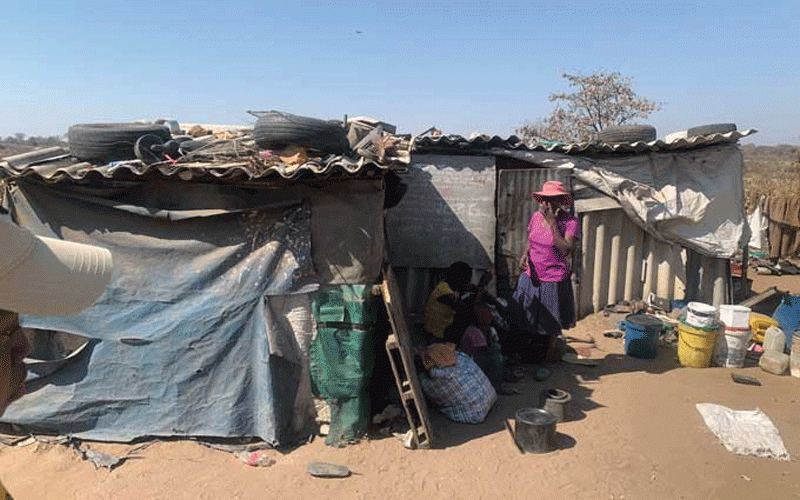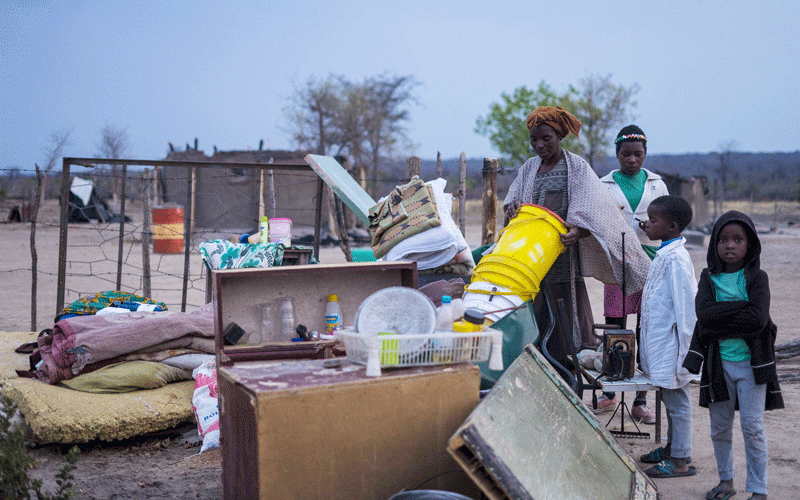
“Even if one has a mobility challenge that does not mean they cannot self-sustain,” said Catherine Mwembe (52), who walks with the aid of a walking stick.
Mwembe, who lives in Binga, Matabeleland North, is a beneficiary of Emergency Social Cash Transfer (ESCT) programme.
The programme was implemented by the United Nations Children's Emergency Fund (Unicef) in partnership with the Public Service ministry and World Vision with financial support from Germany through the KfW Development Bank.
The programme provided vulnerable families in Zimbabwe with monthly payments through cash transfers and complementary child protection services.
Mwembe, who stays in a compound owned by the government, teamed up with Raphael Mudenda (43), who also walks with a crutch and set up a chicken rearing project.
“We started the chicken project after realising that we could save some money we got from World Vision,” Mwembe said.
“We received US$12 monthly then after saving, we started the chicken business.
“Our first start was 10 chicks and we now have over 100 chickens.”
- Secure your business premises: Police
- New law answers exhumations and reburials question in Zim
- DT Bio Mudimba: A sungura perfectionist
- Travelling & touring: Gandavaroyi Falls: Tourism’s hanging fruit
Keep Reading
Mudenda said the programme helped sustain his family.
“Through the programme, we are now able to survive despite the harsh economic challenges,” he said.
“Our challenge is the market because of lack of mobility, but we have a school nearby and the teachers from the school come and buy the chickens.
“Our wish is to get a bigger market. We are happy that the government’s Harmonised Social Cash Transfer Programme will be replacing the ESCT.”
Mwembe and other villagers in Binga were getting US$12 a month from ESCT which has since stopped.
They are pinning their hopes on the government’s Harmonised Social Cash Transfer Programme for continued support.
Joseph Tirivayi, deputy director family and social protection in the Public Service ministry, said the ESCT programme targeted vulnerable families.
It targets vulnerable households, which are food poor (having one meal or no decent meal per day),” Tirivayi said.
“It also covers labour constrained households – these are households with no person aged 19 to 59 years of age who is able-bodied to do productive work so as to fend for the household.
“Labour constraint categories include child-headed households, elderly headed households, households with chronically ill members and households with disabled members.”









